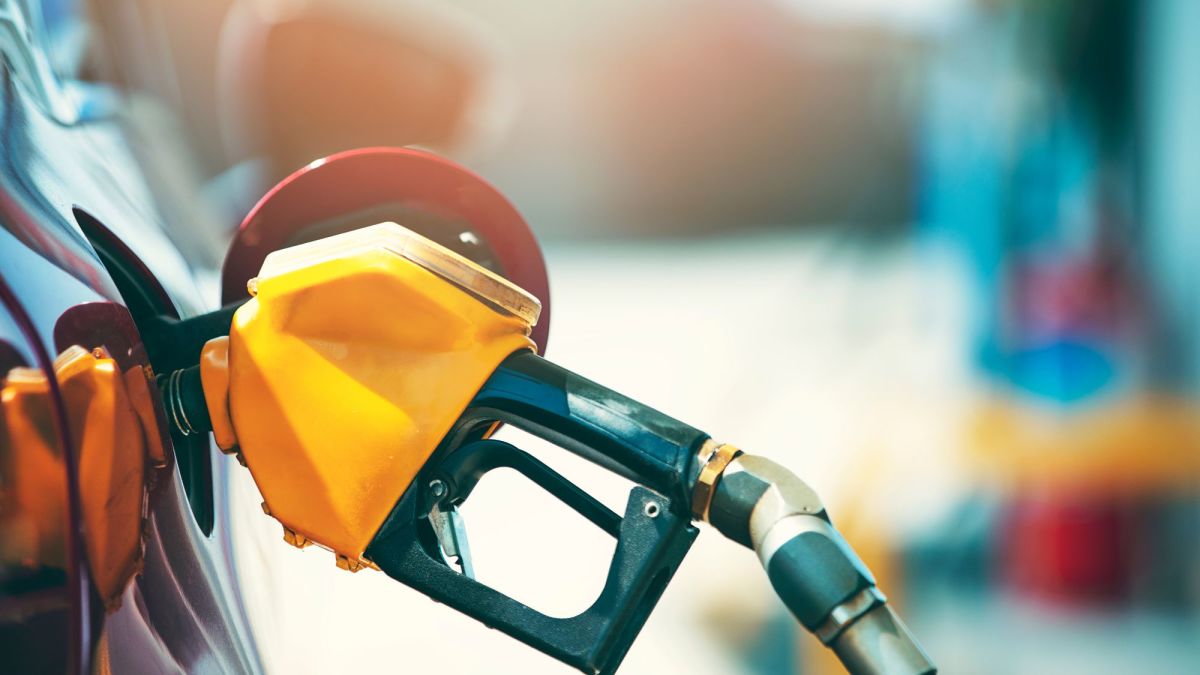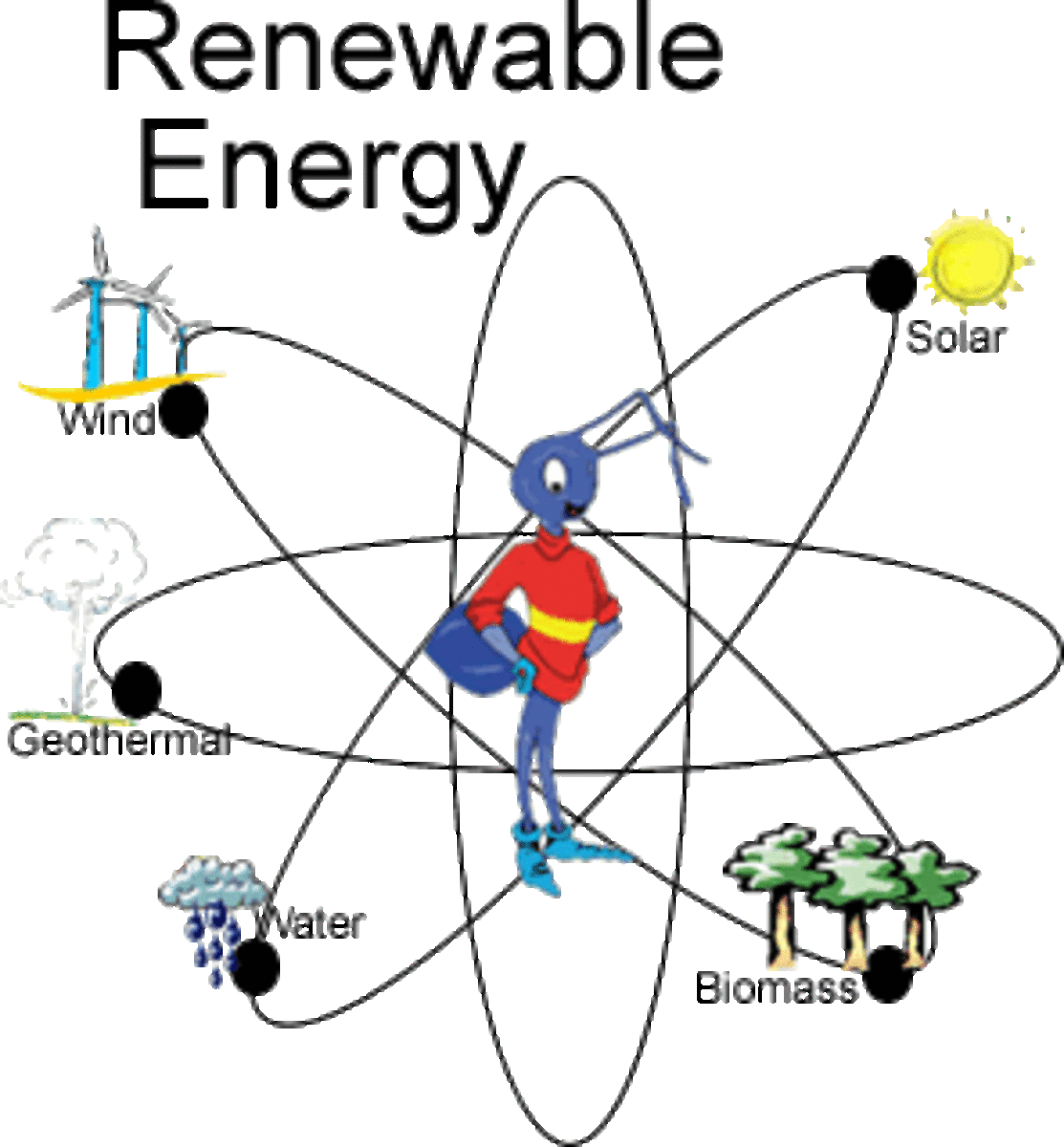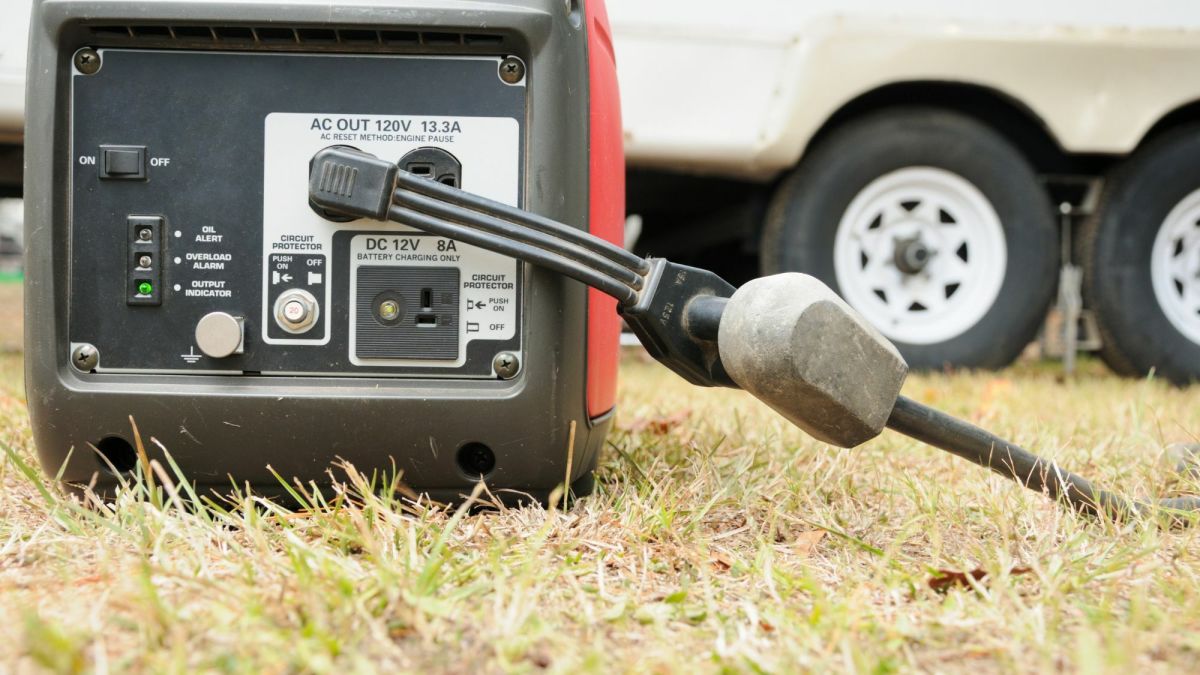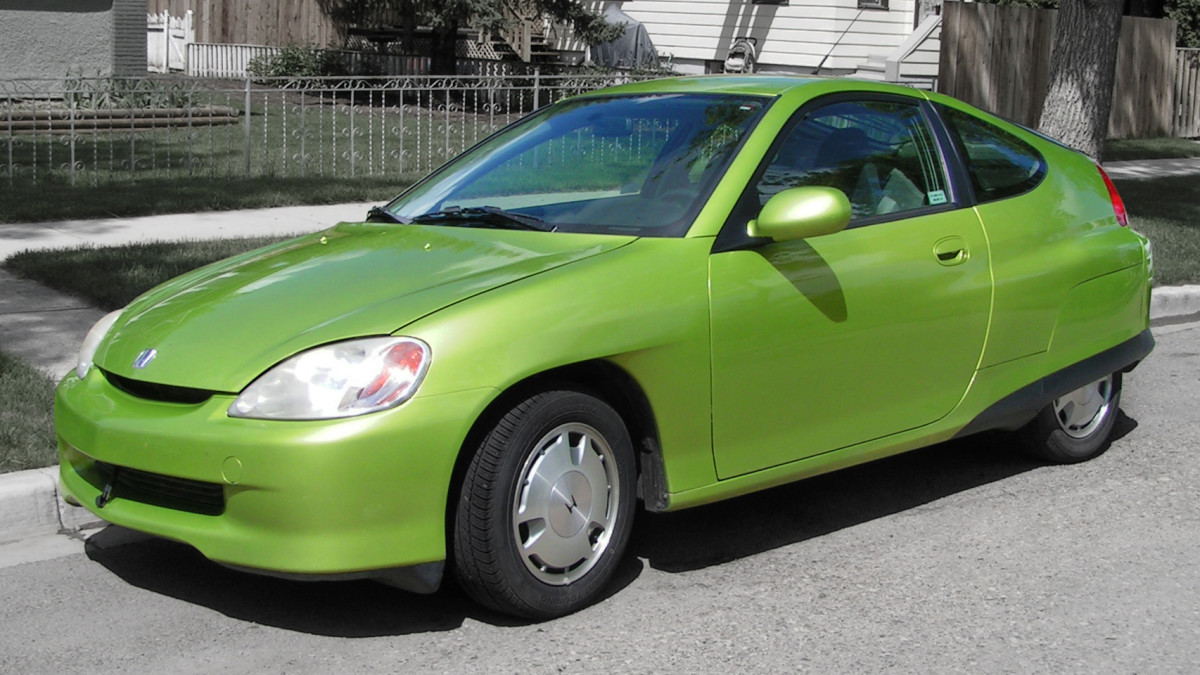Running on Ethanol
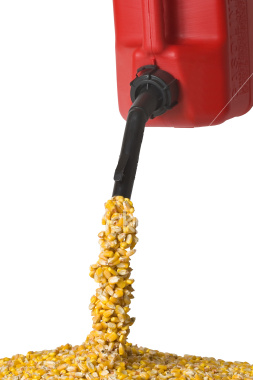
New fuel: Cars running on ethanol
Ethanol fuel is ethyl alcohol which is the alcohol found in alcoholic beverages and it comes from exactly the same sources. It can be used as a replacement for fossil fuels as an allegedly green biofuel alternative to gasoline. It is widely used in cars in Brazil because of its ease of manufacture and processing. Brazil being poor cannot import the oil it needs, so it has become an ethanol dependent nation. Ethanol can be made from very common crops, such as corn, sugar cane and sugar beets.
Ethanol is an increasingly common alternative to gasoline in some parts of the world where fossil fuels are short and crops are easily grown. Lately, since 2001, the US and Canada has been increasingly using this alternative to fossil fuels. But the ethanol has a couple of drawbacks as an alternative to gasoline and diesel fuels. The use of ethanol is not as green as we are made to believe and it removes food from production for people and cattle to be turned into fuel for cars and trucks. 2007 statistics show that 1,600,000 SUVs and vehicles were using an ethanol-gas blend, typically an 85 parts ethanol to 15 parts gasoline blend and 55 to 74 liters per fill up twice a week. One tank-full of this blend uses enough corn for one person for an entire year. The amount used in 2007 translated into the corn to feed 1.664 million people. In 2008, that figure rose to 7 million peoples' worth of corn and the subsequent rise in food prices that affected mainly the poor in Mexico and S. America. That rate of use has gone up since then and it is proposed that enough vehicles will be using ethanol in 2020 that will remove enough corn and other crops that could feed three billion people. Recently, big media has caught on to this and this has become a sensitive issue.
The fact of the loss of food corn emerged in Mexico during 2004/05 with the escalating cost of corn tortillas. During the early Apr/May part of 2008 we learned about world wide food shortages and food riots in several countries, notably Africa and Asia. World wide there was an agricultural drop-off in agricultural production of forty percent due to climate related problems, global dimming and the like. In 2009, agricultural production fell by another third due to various climate change driven catastrophes. This translates to higher food prices for all, more and more poverty, with one billion people negatively impacted in 2008 and 3 billion projected for 2020. Coupled with a collapsing world economy, there is an emerging contradiction in the form for cheaper fuel as opposed to higher food prices. On the other hand, more unemployment means less demand for fuel of all sorts and so prices fall and the incentive to make more ethanol falls off. Thus we have one of the classic contradictions of capitalism. It is this contradiction that is bringing new car sales to a virtual stop including ethanol powered and electric cars. New car sales are down by some eighty percent and big auto manufacturers are facing bankruptcy and seeking bail out protection. By 2009, they managed to get it, but relocated manufacturing off-shore in Asia and China.
As a fuel, ethanol is less efficient than fossil fuels, but it supposedly represents a closed carbon loop; i.e., the ethanol burned as fuel is recycled by plants that are then processed into new ethanol. But this is not the full picture. Corn, sugar beets, sugar cane and other crops must be shipped to huge fermenting facilities and all too often this is done by diesel trains that use fossil fuels. Arguably, the same is true of tanker trains delivering fossil fuels around the country. But fossil fuels can be shipped by pipeline and are, whereas whole corn and sugar beets cannot and must be shipped by train or truck to processing facilities. When enough is eventually made, it is possible to run pipelines from processing facilities in the heart of growing areas to out lying ones by pipeline thus increasing efficiency for at least one half of the ethanol production cycle.
As a “new fuel”, ethanol is definitely not new. Ethanol blends including pure 200 proof alcohol were used right back to the beginning of the 20th century in cars that could run of a variety of liquid fuels. As fossil fuels were more abundant and more easily extracted in the US at that time and there were far less cars, ethanol fell into disfavor for precisely the reasons that oil was readily available and crops were needed to feed people and livestock. Now that fossil fuels are becoming increasingly difficult to extract coupled with far more vehicles now than then, ethanol is looking more like a viable alternative. But, do we have to use food resources to fuel cars and trucks? The answer is no, as new sources are being found that actually yield a high percentage of oil which can be refined into fuel directly instead of going through fermentation such as for ethanol. These plants also grow primarily on waste land. One crop in question is hemp. There are others too which will not compete for crop land and will be able to form a true closed carbon loop. Thus, we won't have to rush into converting to electric vehicles, though ultimately this is the clear direction we must head. Any combustion of fuel is going to contribute to pollution and global dimming, so the electric alternative looks increasingly like the direction we must chose. Ethanol and plant oils are a time buying strategies until full conversion to electric and mass transit is made.
As it stands now with a poor economy and existing cars on the road, anhydrous ethanol with less than one percent water can be blended with gasoline in varying quantities up to pure 100 percent ethanol (E100). Most spark plug ignited gasoline engines will operate well with mixtures of 10 percent ethanol (E10), which includes most cars on the road today in the U.S., Canada and Europe. The use of 10 percent ethanol-gas is mandated in some cities where harmful levels of auto emissions are a real problem right now, such as in Los Angeles and New York and in Toronto, Canada. This marks a small step in the direction of a closed carbon loop, and a necessary one.
The question of ethanol must also be seen in the light of engineered famine and is something that is a recurrent phenomenon. The Romans destroyed their enemy’s ability to grow food by seeding their fields with salt. The Europeans conquered the Americas by destroying the First Nations food base, particularly with the near extinction of the bison. The height of this was during the legislated Indian Clearing Act in operation from 1830 through 1870. From the 1980's into the new century there has been a growing attitude by the rulers against the working class and poor. Engineered famine appears to be going global as of 2001 and it's being sold on the environmental question of global warming. Though global warming is blamed for the famine, it turns out to be manipulated by the heads of the capitalist military industrial complex for profit. Selling lowered carbon emissions through converting corn, a food staple in much of the world, into ethanol to replace or augment fossil fuels is the means that this is being achieved. This translates into mass starvation that escalates and is becoming universal over the early part of the 21st century. Fueled by a collapsing world economy, this scenario looks frightening possible. We live in a world at war and one of the common strategies of war is engineered famine through the control of food and economic embargo. A hard look at the ethanol question is needed under the prevailing circumstances.

